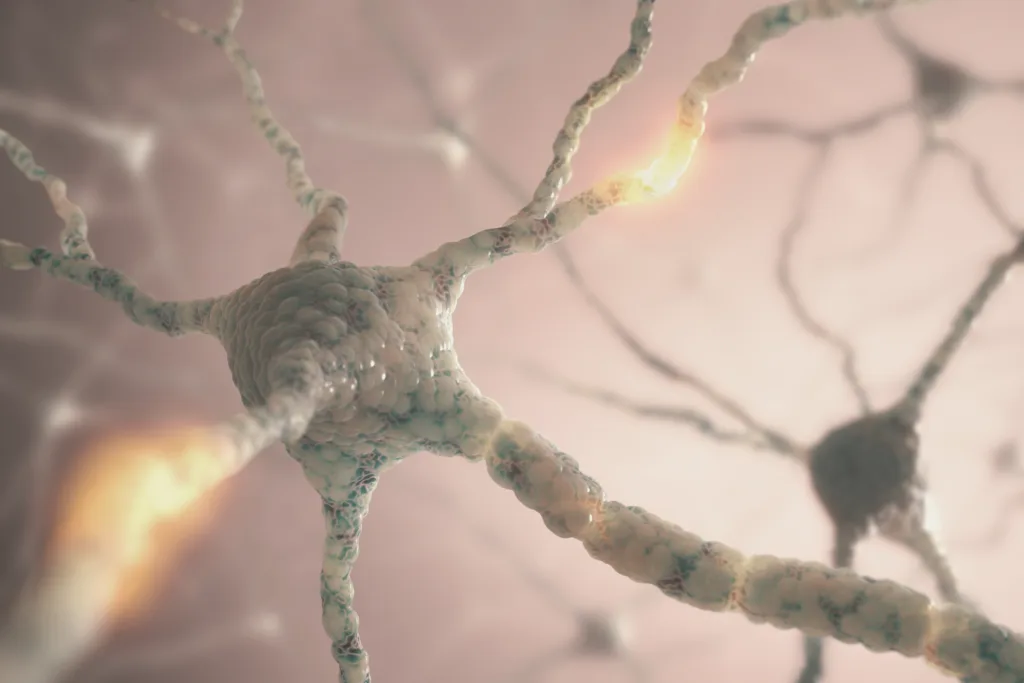Why Don’t I Get Hangovers?

If you frequently consume alcohol without experiencing hangovers, it might initially seem like a fortunate quirk. However, this lack of hangover symptoms could be a sign of alcohol tolerance, which may indicate a drinking problem. Read on to understand why some individuals don’t get hangovers, especially in the context of heavy or regular drinking.
Building Tolerance: A Double-Edged Sword
Alcohol tolerance refers to a reduced response to the effects of alcohol. As you drink more frequently, your body becomes accustomed to the presence of alcohol, and you may need to consume more to feel the same effects. This adaptation can lead to the absence of hangover symptoms, having you wonder why you don’t get hangovers anymore, as your body becomes more efficient at metabolizing alcohol.
However, increased tolerance is a double-edged sword. It might mean you can drink more without feeling the immediate consequences, but it also puts you at risk of developing alcohol dependence or a drinking problem.
The Physiology of Hangovers and Tolerance
Hangovers are the body’s reaction to the toxic effects of alcohol and its byproducts. After excessive drinking, symptoms like headache, nausea, fatigue and dehydration are common. However, when your body becomes more adept at processing alcohol due to increased tolerance, these symptoms might diminish or disappear.
This physiological adaptation might make you think you can handle your alcohol well, but it’s important to understand that the absence of hangover symptoms doesn’t negate the harmful effects of excessive alcohol consumption on your body and mind.
The Risk of Alcohol Dependence
Not experiencing hangovers can lead to a false sense of security about your drinking habits. It can mask the severity of your alcohol consumption, making it easier to overlook the possibility of a drinking problem. This situation is particularly dangerous because it can lead to increased consumption and a higher risk of developing alcohol dependence or addiction.
Recognizing the Signs of a Drinking Problem
If you’re wondering whether you or someone you know has a drinking problem, the first step is to familiarize yourself with the signs and symptoms. The following signs may indicate that an individual has a problem with alcohol use:
- Drinking more or for longer than intended
- Unsuccessful efforts to cut down or control alcohol use
- Spending a lot of time drinking or recovering from its effects
- Cravings or strong urges to drink
- Continuing to drink despite it causing problems in relationships or at work
- Giving up important activities in favor of drinking
- Drinking in situations where it’s hazardous
- Developing tolerance (needing to consume more alcohol to feel the same effect)
- Experiencing withdrawal symptoms when the effects of alcohol wear off
The Importance of Seeking Help
If you suspect that you or someone you know has a high tolerance for alcohol and possible drinking problem, the next necessary step is to seek professional help. Alcohol abuse can lead to long-term health issues, including liver disease, heart problems, mental health disorders and an increased risk of accidents and injuries.
How to Get Help
If you’re struggling with alcohol problems, it’s essential to know that various resources are available to support you on your journey to recovery. Among these, Silvermist Recovery offers a compassionate and comprehensive approach to overcoming alcohol addiction. Here’s how you can take proactive steps towards reclaiming your life:
- Consult a Healthcare Provider: Start by discussing your concerns with a healthcare professional. They can provide initial guidance and direct you towards appropriate treatment options.
- Join Support Groups: Engage with communities like Alcoholics Anonymous (AA). These groups offer invaluable peer support and shared experiences that can be pivotal in your recovery process.
- Seek Specialized Counseling or Therapy: Therapy specializing in substance abuse can help address the root causes of your addiction and develop effective coping strategies.
- Explore Rehabilitation Programs: Consider the benefits of inpatient or outpatient rehabilitation programs. These structured programs provide the necessary tools and support to help you navigate the challenges of recovery.
At Silvermist Recovery, we understand that the journey to overcoming alcohol addiction looks different for each individual. That’s why we offer personalized treatment plans tailored to your specific needs. Our dedicated team of experts is committed to providing the highest level of care in a nurturing and supportive environment.
Take Action with Silvermist Recovery
Realizing that not getting hangovers might indicate a higher tolerance for alcohol and potential dependence is the first step toward recovery. A lack of hangovers is a sign to seek help rather than a blessing. At Silvermist Recovery, we are here to guide you through every step of your recovery journey, offering the expertise and compassion you need to achieve long-term health and well-being.
If you recognize the signs of alcohol tolerance and dependence in yourself or a loved one, don’t hesitate to reach out. Contact Silvermist Recovery today. Our team is ready to support you with the highest level of care and guide you towards a healthier, alcohol-free future. Remember, acknowledging the need for help is a brave and vital step towards recovery, and at Silvermist Recovery, you’re not alone on this journey.






